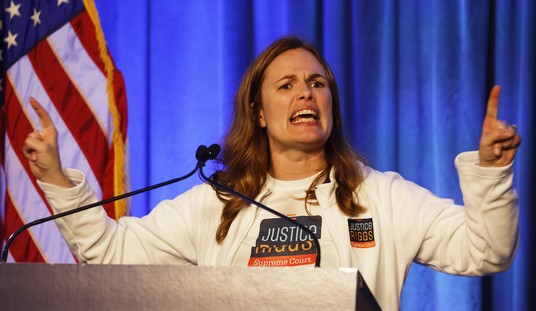Florida has long been the most prominent battleground in the ongoing struggle between the rights of parents and the elitists who wish to violate them.
The latest skirmish in this war centers on HB 1069 which, among other things, gives parents and taxpayers more of a say in which books and materials are made available in public school libraries. The legislation has drawn the ire of major publishers such as Penguin Random House and HarperCollins, who have joined with other companies to sue the state over the law, as noted by The Heartland Institute’s S.T. Karnick.
The lawsuit argues that Florida’s law is tantamount to censorship. Progressives who oppose typically trot out the hackneyed “book banning” talking point.
Yet, the law simply allows parents to have more influence on the material their children are given in schools. It allows them to lobby for the removal of books containing age-inappropriate content. This means that members of the community whose children would be the ones consuming this content can work with the school district to ensure that kids are not being exposed to inappropriate materials. This is especially true when it comes to sexually explicit or potentially pornographic books.
The law empowers parents to raise objections to certain types of material. These objections would be taken into account by the district, which will work with the community to decide whether the content will be removed, restricted, or allowed.
This has nothing to do with censorship, as folks on the left contend. It has everything to do with parents being able to decide what their children are learning in the schools they fund through taxes. It is a process through which local communities have a stronger voice in what their children are seeing and consuming in the state’s educational institutions.
For most people, this concept is a no-brainer. Parents are the ones responsible for raising their children. Moreover, schools are funded using money taken from parents in the form of taxes. Why shouldn’t they have more of a say in what schools are teaching their children?
Unfortunately, those opposing this measure appear to have embraced a rather elitist approach to the situation.
Anybody can run for their local school board, however, which means that people who have not been brainwashed—excuse me, enlightened—in college teacher-training programs might get a chance to decide what some Florida children will run across in their school libraries. The suit complains that Florida’s law requires books to be removed without consulting “trained professionals, such as teachers or media specialists.”
The notion that only governmental and corporate “experts” should decide what books are appropriate for school libraries smacks of elitism. This perspective implies that only our betters are equipped to know what our children should and should not be learning in class. These people, with their royal derrieres planted firmly on their lofty perches, seem to believe that books containing sexual content are suitable for young children, parents' opinions be damned.
This is not just an elitist mindset, it is also quite authoritarian in nature. The message is simple: You don’t know how to raise or educate your children; therefore, we will decide what they learn regardless of what you think. These people view regular folks as peons who cannot make the right decisions for their families, which justifies the use of government force to indoctrinate them into left-wing ideology.
This is the crux of the matter, is it not?
The reason why so many on the left have complained about Florida’s law is not out of some concern for free speech and censorship. They are terrified at the idea that they might not be able to use government-run schools as avenues for influencing young minds and conditioning them to embrace progressivism.
The plaintiffs cannot win this lawsuit. It is not just about books. It is about parental rights. Corporate and governmental interests should not supersede the rights of parents to determine how their children are raised and educated just because there are some folks who want small children to view sexually explicit content.













